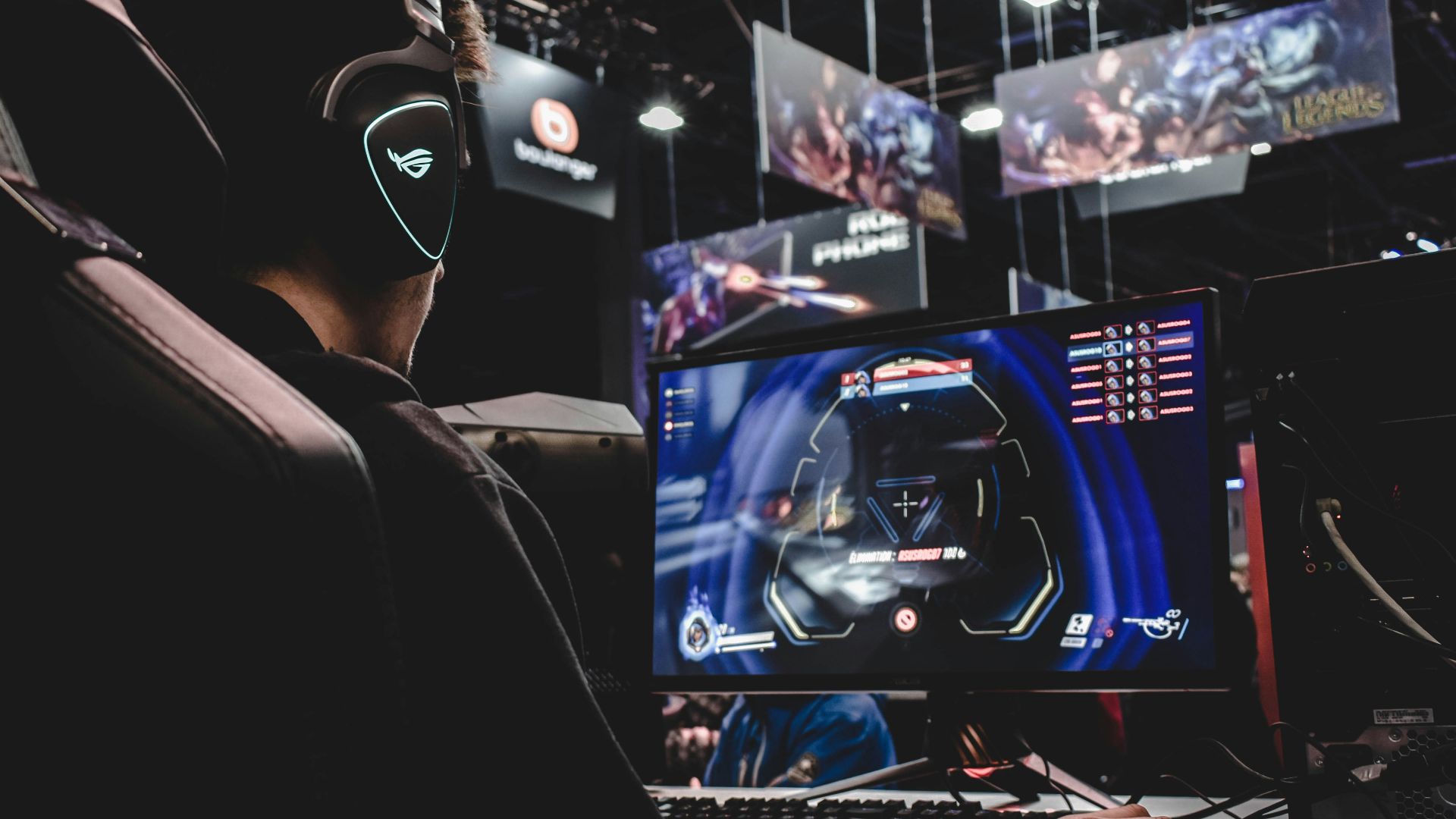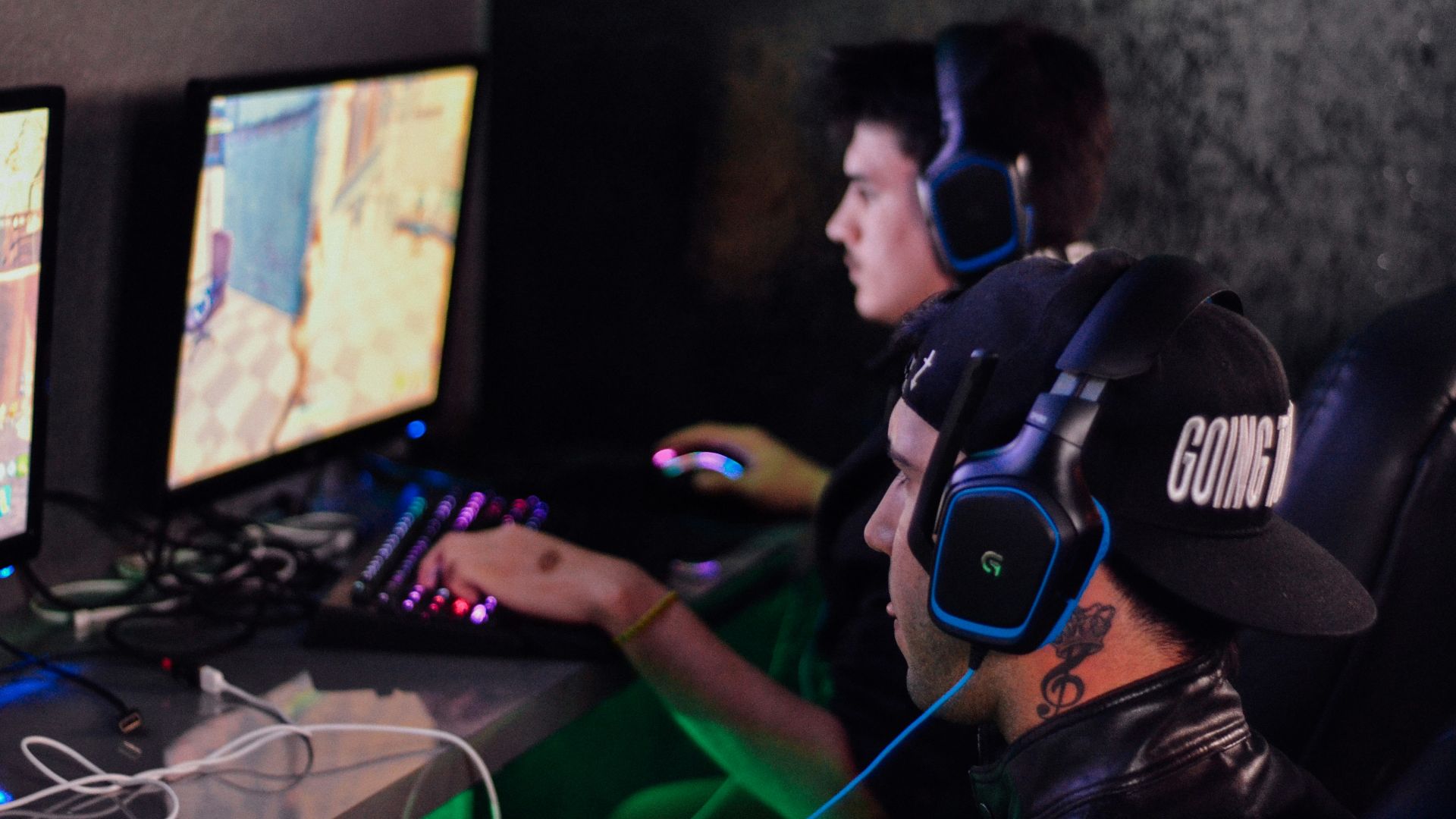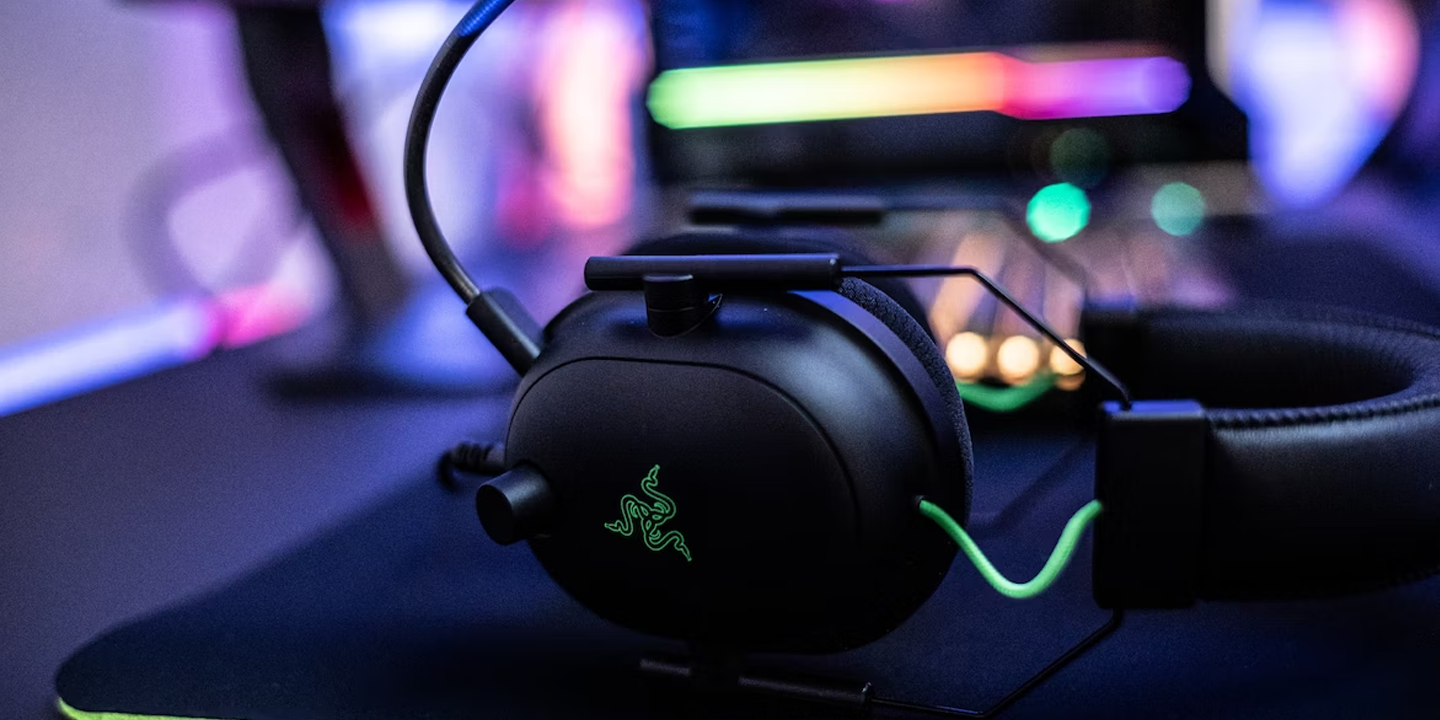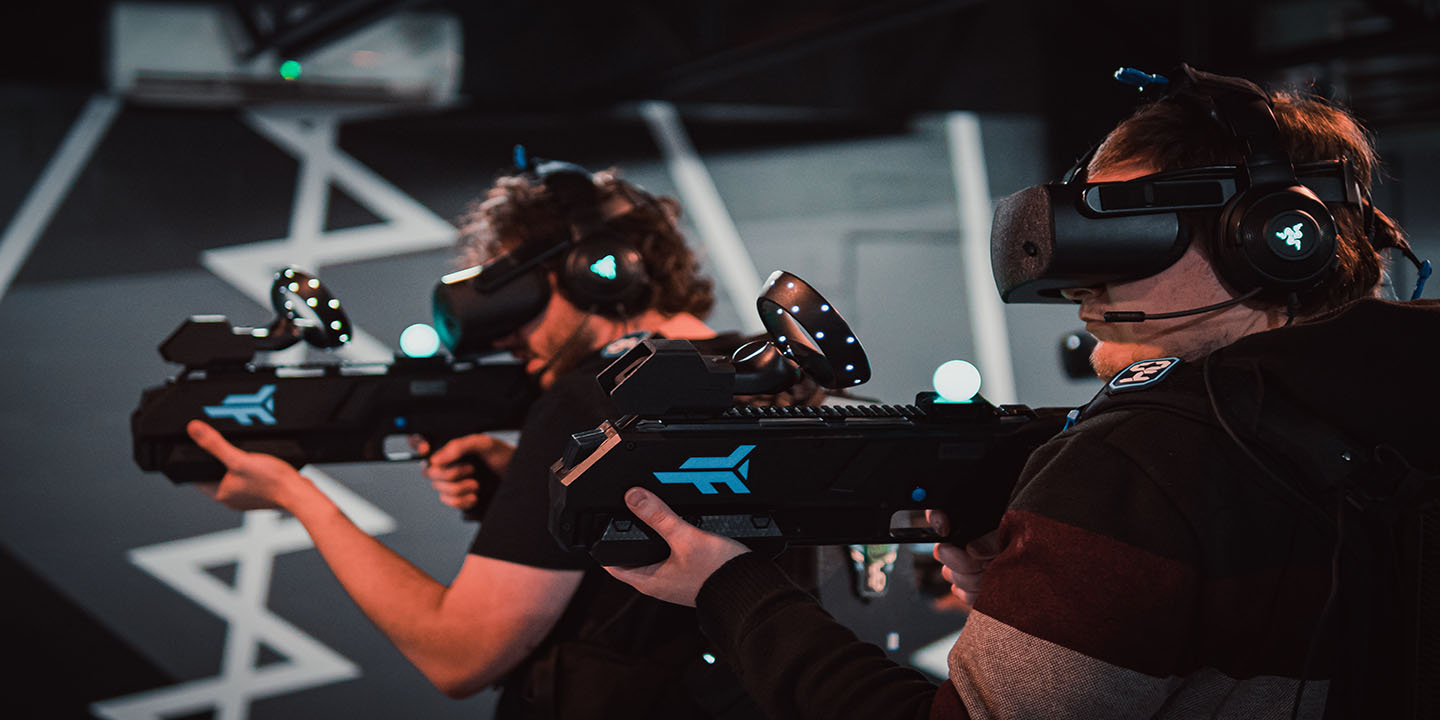Are eSports really a sport? This is one of those arguments that never seems to go away. Over the years, it has been asked more times than “Are video games good for you?” While it is the primary debate in esports, chess is almost always in this same gray area. Why? Because both put a heavy emphasis on a player’s mental skill as opposed to their physical prowess.
Traditional Versus Modern
Arguments for this usually boil down to, well, no, because this is not what we traditionally consider to be a sport. In order to address this as fairly as possible, we should look at the primary two objections: physicality and institutionalization. Sure, esports athletes use their hands, their reflexes, and their grey matter. But as far as sports go, the way a football is thrown or a basketball is dribbled is a world away from clicking a mouse. Clicking a mouse is a world away from dribbling a basketball. Dribbling a basketball is leagues away from running. The argument goes that a sport requires exertion on the part of the body, movement, stamina, dexterity, physical prowess and/or physicality. Something more involved than precision clicking or keyboard tapping.
On the other hand, the supporters of esports mention that it does check all the boxes when it comes to what a sport is. They are competitions that have rules, leagues, teams, athletes, and professional players who train 10 hours a day or more. These players memorize hundreds of actions per minute, they need to have good strategies, coordination, be fast in decision-making and communicating with their team, and have good mechanical skills to win, just like traditional athletes. Their hand-eye coordination and reaction time also need to be good, which means physical abilities. As both sides of the argument have strong reasons for their points of view, the question still has no clear answer.
Labels Are Not Important
In reality, it probably doesn’t matter too much what we call esports. It’s a niche that will continue to grow and create incredibly exciting moments, create communities, and continue to build and change the world around us. Today there is everything from speedrunning tournaments to mobile games in the “esports umbrella.” It’s a large and varied industry, constantly changing and growing. There is no one answer to what esports technically is, and it may never fit into a single definition.
Esports will always be about passion, players striving to improve, fans supporting their favorite teams, and communities coming together through games. Whether it’s a sport or not is up for interpretation, but its impact on culture and entertainment is undeniable.
The debate over its definition may never be settled, and that’s alright. In the end, it’s about the games, the competition, and the communities that are built around them. Sport or not, esports has carved out its own space in the entertainment world, and there’s no stopping it now. And no one can deny that the players at the pinnacle of their games have put in an impressive amount of effort and skill.










